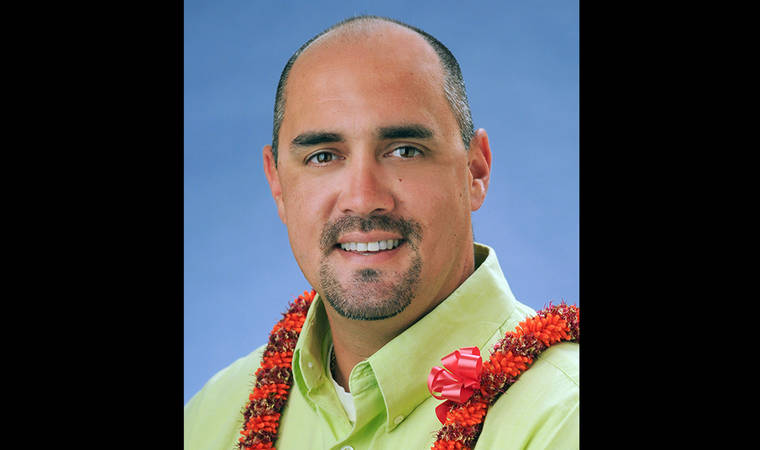A bill that requires the state Department of Education to publish a weekly report enumerating COVID-19 cases on school campuses is now law despite Gov. David Ige’s veto of the measure.
Ige on Tuesday announced he had vetoed 26 of the 28 bills on his intent-to-veto list, including Senate Bill 811. His veto, however, was subsequently overridden by both chambers of the Legislature and now is in effect.
The legislation mandates that the DOE publish a weekly report about schools that have a student, staff member or an “affiliated individual” who has tested positive for COVID-19. The report must include the school’s name, the date the positive test result was reported to the school, and the date the COVID-positive individual was last on campus.
Ige reasoned that the measure would increase the potential for individuals to be identified and bullied, especially students who live in small communities.
Currently, the DOE provides weekly updates with the number of cases by complex area.
Senate President Ron Kouchi, whose district includes the entirety of Kauai and Niihau islands, however, said during a livestream Wednesday the measure doesn’t violate the Health Insurance Portability and Accountability Act, or HIPAA — a federal law that aims to protect sensitive patient health information from being disclosed without the patient’s consent or knowledge — because it doesn’t talk about any individual.
“And when we’re getting positive cases in the schools on Kauai, all you got to do is go to Facebook and you’d find out before the press release came out from the (state Department of Health) what school had the positive test,” he said.
The senator said his other concern, and why he supported the bill, is that in-person instruction will resume in the fall and vaccines for children under 12 have not yet been approved.
“So I think it’s important for parents to feel confident that they’re getting the information they need to ensure the safety of their children, and then certainly for the safety of the teachers and all the other support employees in a school,” Kouchi said.
House Speaker Scott Saiki, who represents parts of Honolulu, said during the same livestream that lawmakers are “absolutely concerned” about student privacy when it comes to reporting the coronavirus cases.
“As the Senate president mentioned, this information can be disclosed without revealing identities and other personal information,” he said.
“… We’ve been having a back-and-forth with the Health Department on disclosure of COVID data since January. We had been requesting that the Health Department provide more specific information to the public, and at that time, the requests weren’t really focused on schools, just on outbreaks and clusters and the source of COVID cases in Hawaii.”
Saiki said having specific information is helpful to the public and allows individuals to take better precautions and exercise safety protocols.
“I think people will behave differently if they are provided more specific information, and when it comes to this legislation on schools, the law will protect student privacy and identification,” he said.
Ka‘u-Keaau-Pahoa Complex Area Superintendent Chad Keone Farias said the data already have been collected for the DOE’s weekly reports.
He isn’t too worried about the new law as long students and families can’t be identified.
“To the point that we can do it where it doesn’t hurt our kids or families, I’m fine with it,” he said. “(We) want transparency.”
“The department respects the Legislature’s decision and will modify its weekly COVID-19 case reporting in accordance with the law,” DOE spokeswoman Lindsay Chambers said in an email.
She said the DOE “is committed to doing its part to ensure our state recovers from the effects of COVID-19, and continues its work to balance and individual’s right to privacy and public safety when it comes to publicly sharing case information.”
Email Stephanie Salmons at ssalmons@hawaiitribune-herald.com.






